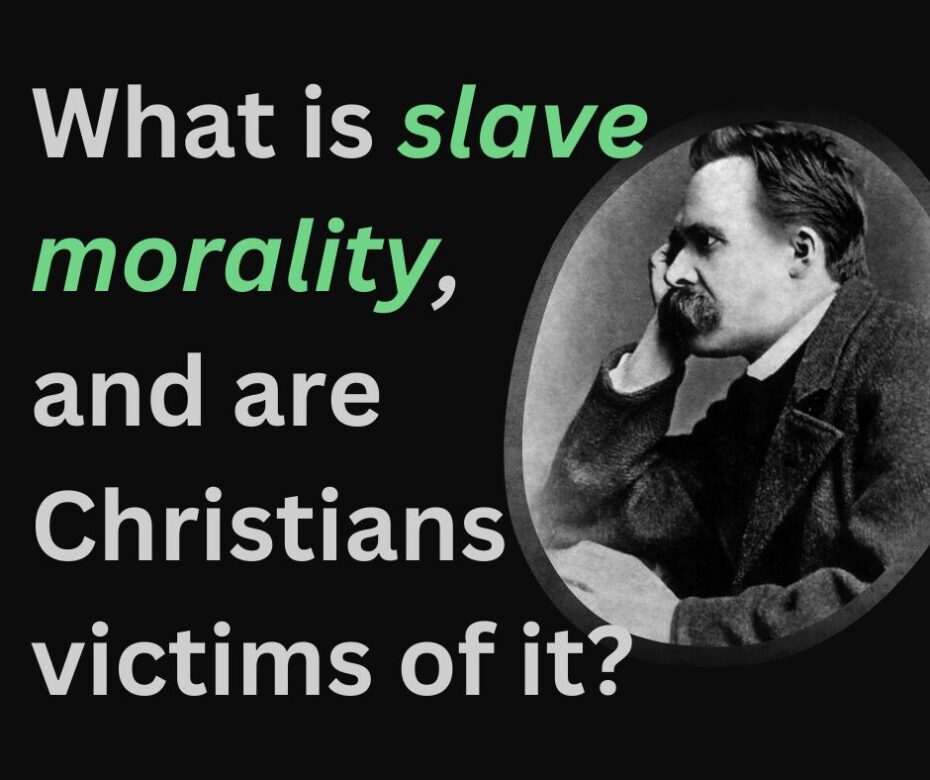Occasionally, I hear people speak of the German philosopher Friedrich Nietzsche, who lived in the late 1800s. He was famous for the “God is dead” movement. At first, I thought Nietzsche was teaching that God had literally died, which is a strange concept. I later learned he actually meant that any morality associated with the idea of a creator had died. He didn’t believe that God had died; he believed that God had never existed in the first place.
Nietzsche loathed the idea that there was a God who demanded specific righteous actions. This would include a person’s believing that reason tells us certain things are right and other things are wrong. Prior to Nietzsche, others taught that human beings can look at how things work in our world and thereby determine right from wrong. Nietzsche maintained that all systems of morality are false because, at their core, they demand a god. This is true even if this god did nothing more than place moral principles in the mind of man or in observable creation.
If man could abolish all these systems of morality, the concept of God would die. Not surprisingly, Nietzsche had particular animosity towards Christianity because the writings of the NT present a God-based morality in black and white.
Nietzsche called for men to create their own morality. In his view, right and wrong are subjective. Christian morality is based on weakness and poverty because it promotes qualities such as compassion and humility. Man needs to break free of such teachings. Our actions should be based upon individual strength and will. Each man should do what is best for him, what allows him to avoid pain and maximize pleasure. Human achievement is the goal, not an imposed set of rules of right and wrong.
I read with special interest a phrase that Nietzsche used: slave morality. That is what he called Biblical ethics. According to him, such ethics are propagated by the poor and weak. In his view, men had become enslaved to such teachings, and this held them back from reaching their potential. They had become slaves to nonsensical opinions about how they should act. Now that God is dead, men should seek self-actualization.
When I read Nietzsche’s phrase, I immediately thought of what Paul wrote in Rom 6:22. Because of the death of Christ, the believer has been set free from the power of sin. Paul writes, “But now having been set free from sin, and having become slaves of God, you have your fruit to holiness, and the end, everlasting life.” Paul says that before we became believers, we were subject to “slave morality.” We were slaves to our flesh and the power of sin. But in Christ, we have been set free from that slavery. In His Word, the Lord has shown us the way we should live and, through the Holy Spirit, has given us the power to live that way. Obedience to what He taught will be a rich experience of everlasting life. We no longer have to live as slaves.
Nietzsche saw things in the opposite way. He said that Paul’s teachings made men slaves! Nietzsche called for a life lived in the flesh, living by one’s desires. Only then could one break free from moral slavery. This quickly brings to mind Peter’s words describing the false teachers of his day: “While they promise them liberty, they themselves are slaves of corruption; for by whom a person is overcome, by him also he is brought into bondage” (2 Pet 2:19).
Nietzsche promised people freedom but actually promoted bondage. He urged Christians to abandon the freedom they had in Christ and return to the slavery of the flesh. This shouldn’t surprise any of us. I am sure the false teachers of Paul’s and Peter’s day used similar arguments. They could even take Biblical phrases and twist them to mean the exact opposite. Satan has always been an expert at that (Gen 3:4).


